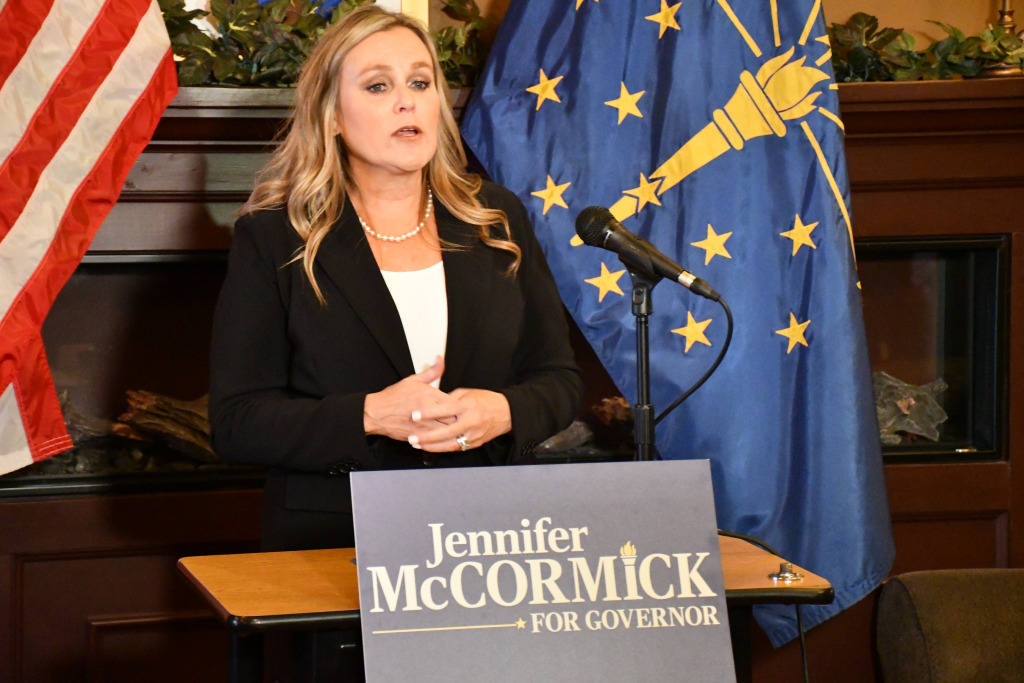
Trump floats an unusual Republican National Convention before the midterms
President Donald Trump suggested Thursday that the Republican Party host a national convention before next year’s midterm elections, an unusual move that Democrats are also considering.























